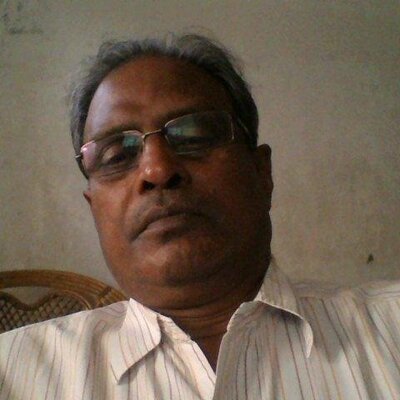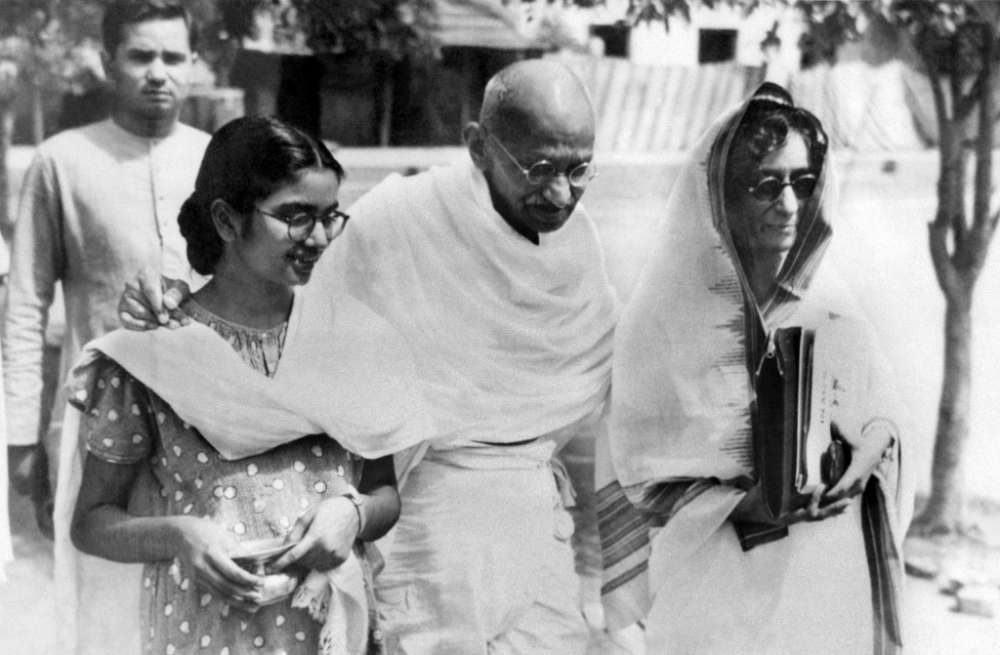
By Inukonda Thirumali
In the context of M. K. Gandhi’s hundred fiftieth year of birth, many stories about his multi-dimensional personality are published.
He was a saint, a believer in non-violence and a simple person etc. Also, he was for communal harmony, against untouchability and believed in cleanliness and so on. In circulation on social media are stories about his love affairs and encounters with certain women. He was, however, disliked by the British who protested twice against his nomination for Nobel Prize. Communists opposed his political praxis and considered him an agent of the capitalists. He was a failure on the family front. His son disliked him and wife maintained silence in protest. The Congress leaders deserted him. Sardar Patel, his close follower, did not give him necessary protection despite being aware of the fact as Home Minster that he was likely to be killed. Finally, though he declared himself a Sanathana Hindu, he was killed by a Hindu.
We have to remember, on this day, that he died a sad man. He did not achieve what he wanted. He lodged his protest by not participating in Independence Day celebrations.
What we know is that he was a statesman and a great leader of the huge nation of castes and communities; more importantly, illiterate masses. He brought all of them on to the streets to stand united against the foreign rule. He had only one objective that India, a country of ancient civilization, the cradle of numerous religious faiths and unchanged autonomous rural society with Panchyat governance. Indian civilization was being destroyed, therefore, it shall be free from the negative influence of the colonial industrial nation, Britain. Marx too believed the same about India’s past. He, however, wanted India to break free from the ancient shackles and Britain.
He alone had a grasp of what the peasant society would do to the nation; what the semi-literate can do for the freedom struggle; therefore, he reached out to unite them and put them on the path of satyagrah. To his project of swarajya the satygraha was instrumental. The peasants worked for village society, hence, he told them, that the village was in trouble and social life was being destroyed. He also told them that the country was being exploited. That is the reason why the peasants came out of their moorings to fight for the country. Peasants are the agents and defenders of Indian freedom.
He wanted the literate, the educated to play the role of messengers. He had struggled very hard to enlighten the masses, both farmers and the literate folks. He spoke with them on religions in India, true Hinduism, and ill effects of untouchability. He also enlightened them about artisan’s cultural and economic contributions to the country’s civilization. He told them about the simplicity of peasants and the need for participation of women in protecting and promoting the culture of India. In his opinion, the workers and employees worked for their salaries and perks and not for the country. He understood the main traits of the workers during the Ahmedabad textile strike. Later, he never taught politics of freedom to them.
All those who did not agree with his thoughts did not like him. He was alone in planning and executing the freedom movement. He was, of course, sad because the freedom achieved was not the one he wanted.
Dr Inukonda Thirumali is an academic and activist

